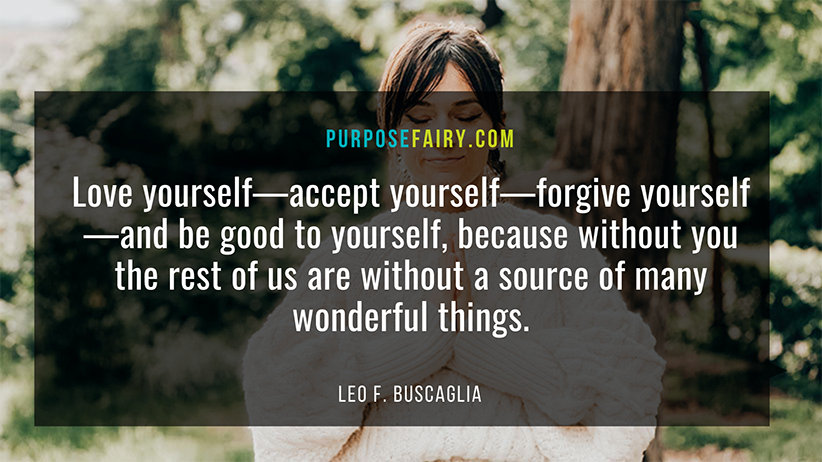
Reach out! Talk to someone! Start a conversation!
Whether it be just a simple phone call, a chat over online messaging, a catch up over coffee, start talking.
Studies and research have actually found that this communication is good, not just for physical fitness, but also for mental health and emotional well-being.
Start a Conversation
When you have a conversation with someone, your body literally relaxes.Your organs slow down, your blood pressure lowers, your heart rate stabilizes, your level of stress, anxiety and tension decreases, you become more energised, and that headache you just had an hour ago? Gone.
Your shakes or twitch? Gone.
When you have a conversation with someone, your state of mind is more focused instead of foggy, your cognitive function and memory improves, you become more organised and a better problem-solver, you gain other perspectives, and broaden your knowledge. You have clarity.
When you have a conversation with someone, you feel lighter in your chest. You feel a weight has been taken off of your shoulders. You are less angry and have less grudges. You feel both valid and valued, appreciated and loved.

You feel whole and complete. You understand that you are enough. You resolve conflict and make connections. Your heart may even flutter – in a good way. You cheer up. You become less lonely, and instead happy-er.
Here are some practical tips to use when starting or you are already having a conversation with someone.
6 Practical Tips to Start a Meaningful Conversation with Someone
1. Ask how they are.
- Ask “How are you (really)?”
- Ask about what they are thinking and feeling.
- Ask why they are thinking and feeling that way.
2. (Actually) Listen. Listen. Listen.
- Don’t cut the other person off or interrupt them.
- A friend of mine back in primary school said that she was very thankful to me because she had someone who can just listen to her problem, not necessarily fix it.
- Be present. Make eye contact.
- Be patient.
3. Do not judge.
- Make the other person feel safe.
- Have an open mind.
- Try not to think negatively of the other person opening up to you.
4. Empathise.

- Acknowledge by nodding, or saying “yes” or “okay”, or say “I understand”.
- Make sure the other person feels that you may not feel the same way, but that you understand how they feel.
- Maybe share your own experiences about when you felt something not necessarily the same, but something similar.
5. Ask how you can help.
- If advice is sought, then give it if you have it.
- Give them resources for other people, groups and communities that can help them.
6. Follow up.
- Make time. Make sure you check on the other person every so often.
- Make them feel you are always there for them.
- Let them know you still think of them.
Repeat Step 1 through to last step.
We often hear that self-love is so important. We all know we need to take better care of ourselves – physically, mentally and emotionally. If we are to be in a position to make someone feel better, then we have to ensure we, ourselves, are good first. You cannot pour from an empty cup.
But in saying this, we need to look out for each other too. Taking care of yourself is taking care of others around you too.
How do we make sure we are good? And how do we make sure other people like family and friends are good as well?
You guessed it!
Start a conversation. NOW.
It will not only benefit the other person, but yourself as well. You may gain new knowledge, find out the truth about something, or just have a merry, old laugh at memories past.
A meaningful conversation can inspire, and change lives so remember that next time you start one.
Comments
Anna Leah Raven
Anna is an emerging writer from Perth, Western Australia. She grew up and spent most of her adult years in the Philippines, until she immigrated to Australia to be with her then fiance, and now husband, back in 2012. She grew up in a Catholic family, and she graduated from the University of the Philippines with a Communications degree. She began writing at a very young age. She has various published works in online journals, magazines and collections, as well as a self-published book entitled Conversations (I Never Had) With Luna and Other Stories. Find out more about Anna and her work by visiting her website www.conversationsineverhadwithluna.com and follow her on Facebook, Instagram, TikTok and Linktree.
read more